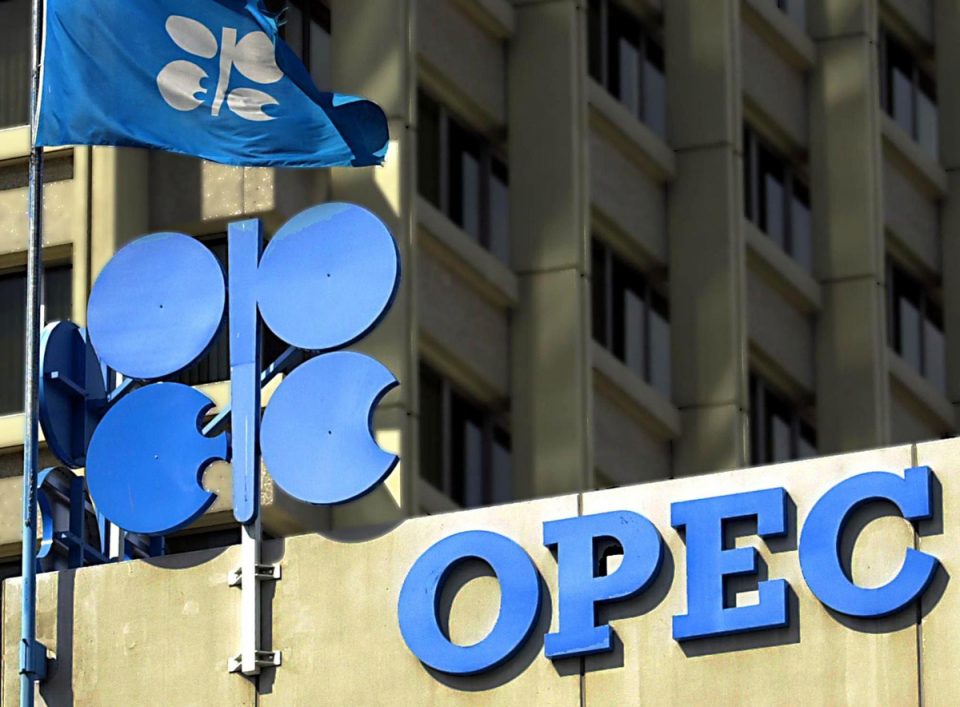*Rate hikes loom even as Russian output stays strong
By Emeka Ugwuanyi with agency reports
Ahead of uncertainties that may trail the outcomes of the separate meetings of the Organisation of Petroleum Exporting Countries (OPEC) and its allies referred to as OPEC+ as well as the United States Federal Reserve on Wednesday, oil price slid two per cent on Monday.
Brent futures for March delivery fell $1.76, or 2.03 per cent, to $84.90 a barrel. U.S. crude fell $1.78 to $77.90 per barrel, a decline of 2.23 per cent – its steepest decline in nearly four weeks.
The drop in price according to Reuters report, extended losses of traders as looming increases to interest rates by major central banks weighed on demand and Russian exports remained strong.
Investors expect the U.S. Federal Reserve to raise rates by 25 basis points on Wednesday, followed the day after by half-point increases by the Bank of England and European Central Bank. Any deviation from that script would be a shock, Reuters added.
“We’re seeing a ‘risk back off’ sentiment from the past two weeks’ rally on ideas that higher interest rates may slow demand more quickly,” said Dennis Kissler, senior vice president of trading at BOK Financial.
The market also came under pressure from indications of strong Russian supply despite a European Union ban and G7 price cap imposed over its invasion of Ukraine. Both oil benchmarks last week registered their first weekly loss in three.
Besides the central bank meetings, a gathering on Wednesday of key ministers from the OPEC+ group comprising the Organization of the Petroleum Exporting Countries (OPEC) and allies led by Russia will also be in focus.
The OPEC+ panel meeting is unlikely to tweak output policy, three OPEC+ delegates told Reuters on Monday.
“The boat is not really in stormy seas right now. So why rock something that’s not moving about as it is,” said Ole Hansen, head of commodity strategy at Saxo Bank.
OPEC+ could “surprise markets with a small cut”, oil broker PVM said, adding it was unlikely to tweak policy.
Earlier on Monday, oil prices rose on tensions in the Middle East after a drone attack in Iran and hopes for higher Chinese demand.
While it is not clear yet what’s happening in Iran, any escalation there has the potential to disrupt crude flow, said Stefano Grasso, a senior portfolio manager at 8VantEdge in Singapore.
Hopes for a rise in Chinese demand have boosted oil in 2023. The world’s biggest crude importer pledged over the weekend to promote a consumption recovery that would support demand.
“Markets have priced-in rising demand mostly from China so traders are taking a wait and see attitude for clear signs of a demand pull,” Kissler added.
Traders also remained cautious on a hit to oil production and transportation in Texas after the state oil regulator advised pipeline operators to secure equipment and facilities after forecasts for severe weather over the next several days.
U.S. crude oil inventories are expected to have dipped by about 1 million barrels in the week to Jan. 27, a preliminary Reuters poll showed, while gasoline inventories were expected to have gone up.




